What a Reliable MSP Should Guarantee (and What Most Don’t)
Hiring a Managed Service Provider (MSP) should simplify your IT operations, not complicate them.
Yet, while many MSPs promise “24/7 support,” “complete cybersecurity,” and “peace of mind,” not all deliver on the most critical fronts. And once you're locked into a contract, the gaps can become costly.
In this blog guide, we unpack:
What a reliable MSP should guarantee
What most MSPs leave out (but you shouldn’t ignore)
A checklist to help you choose the right IT partner
Whether you're switching providers or outsourcing IT for the first time, this blog will help you cut through the sales noise and choose a provider that truly protects your business.
What Does an MSP Actually Do?
A Managed Service Provider delivers outsourced IT services repeatedly, usually via a monthly fee. Their services often include:
User support and helpdesk
Network and system monitoring
Endpoint security and patch management
Cloud infrastructure management
Backup and disaster recovery
Compliance support (e.g., PDPA, ISO 27001, Cyber Essentials)
But the quality and coverage of these services vary widely.
What a Reliable MSP Should Guarantee (No Exceptions)
Here’s what every serious, reliable MSP should offer—ideally, in writing:
1. Security-First Operations
A reliable MSP protects your business like it’s their own.
They should guarantee:
Endpoint protection with real-time threat detection
MFA enforcement and password policy support
Patch management for all devices and systems
Email and web security tools (anti-phishing, spam filters)
Data encryption (at rest and in transit)
🛡️ Bonus: Ask if they support or include Cyber Essentials compliance readiness as part of the package.
2. Service-Level Agreements (SLAs) with Response & Resolution Times
Many MSPs promise “fast” service, but how fast is fast?
Your SLA should clearly define:
Response time for critical, high, and low-priority tickets
Resolution time targets
Business hours vs. 24/7 coverage
Escalation paths and timelines
Compensation if the SLA is not met
📌 For mission-critical systems, look for response times under 30 minutes and resolutions within 2–4 hours.
3. Proactive Monitoring & Reporting
Good MSPs don’t just fix problems—they prevent them.
They should provide:
Real-time monitoring of servers, endpoints, and networks
Monthly or quarterly health check reports
Vulnerability scans and remediation plans
Asset and license tracking reports
🎯 You want a partner that’s data-driven and transparent, not reactive and invisible.
4. Backup & Disaster Recovery
Data loss is a dealbreaker. Your MSP should guarantee:
Automated daily backups (local and/or cloud)
Backup encryption and retention policies
Documented disaster recovery plan (DRP)
Regular testing of restore points
💡 Bonus: Ask how long it would take to restore a key system if it went down today.
5. User Support That Actually Supports
The helpdesk experience is where MSPs shine, or fail. Reliable MSPs should guarantee:
Multi-channel support (email, phone, ticket portal)
Tiered support (L1, L2, L3) with defined escalation
Knowledgeable, English-speaking staff
User satisfaction tracking (CSAT surveys)
📞 Pro tip: Call their support line as a prospective client; how they treat you pre-sale is a strong indicator.
6. Compliance-Ready Processes
Whether you're aiming for PDPA, Cyber Trust Mark, or ISO 27001, your MSP should be part of that journey.
They should offer:
Documentation of access logs and incident response
Support for data protection and privacy audits
Policy templates (AUP, backup, BYOD)
Regular security reviews or assessments
🧾 If you're in finance, healthcare, legal, or government tenders, compliance support is non-negotiable.
7. Scalable, Transparent Pricing
Good MSPs charge based on value delivered, not hidden fees.
What they should offer:
Per-user or per-device pricing (simple, scalable)
Clear definition of what’s included vs billable
No surprise overage charges
Optional add-ons with upfront pricing
💡 Ask for a sample invoice to understand real monthly billing.
What Most MSPs Don’t Guarantee (But Should)
Here’s what many MSPs overlook or hide, until you experience the consequences:
1. Ownership of Admin Credentials
Some MSPs retain full control of your systems, leaving you locked out.
Ask this: Do we have full access to our Microsoft 365, firewall, and server admin accounts? You should always maintain shared or sole ownership of critical infrastructure.
2. Onboarding & Documentation Standards
Many MSPs provide minimal handover or leave documentation incomplete. What to expect from a good MSP:
Network diagrams
Asset register
Admin credentials log
Change request history
Onboarding SOPs
🗂️ If your MSP “owns” your environment but can’t document it, they’re not managing, they’re guessing.
3. Quarterly Reviews or Strategic Guidance
Support isn’t enough; you need a strategy. Most MSPs don’t help you plan ahead or improve your systems over time.
Great MSPs act as virtual CIOs (vCIOs), offering:
Quarterly business reviews
Roadmap alignment with business goals
Cybersecurity and compliance recommendations
Technology refresh and budgeting plans
📈 An MSP without a strategy is just an outsourced helpdesk.
4. Staff Cybersecurity Training
Human error causes over 80% of data breaches. But most MSPs don’t include:
Phishing simulations
Security awareness modules
Policy enforcement (e.g., password hygiene)
🎓 Choose an MSP that includes or partners with training providers to harden your human firewall.
Final Thoughts: Don’t Settle for Less Than a True IT Partner
A great MSP should do more than keep your systems online. They should make your business faster, safer, more productive, and future-ready. If your current provider falls short on guarantees, transparency, or strategic value, it’s time to upgrade.
Need Help Auditing Your MSP or Finding the Right One?
We help SMEs:
Audit existing MSP contracts
Design RFPs for IT outsourcing
Migrate to vetted, compliance-ready providers
Build hybrid IT support models with built-in ROI
👉 Book a Free IT Provider Evaluation Call
Related Reads
Optimize Your IT Infrastructure with These Key Strategies (Read more)
How to Build Scalable IT Infrastructure for Growing Businesses (Read more)
Effective Strategies for Setting Up IT Infrastructure for New Employees (Read more)
The Complete Guide to Managed Service Providers (MSPs): How They Benefit SMBs and SMEs (Read more)
How Leveraging IT Services Can Help Reduce Operational Costs in 2025 (Read more)
What is the Difference Between Managed IT Support Services and Traditional IT Support? (Read more)


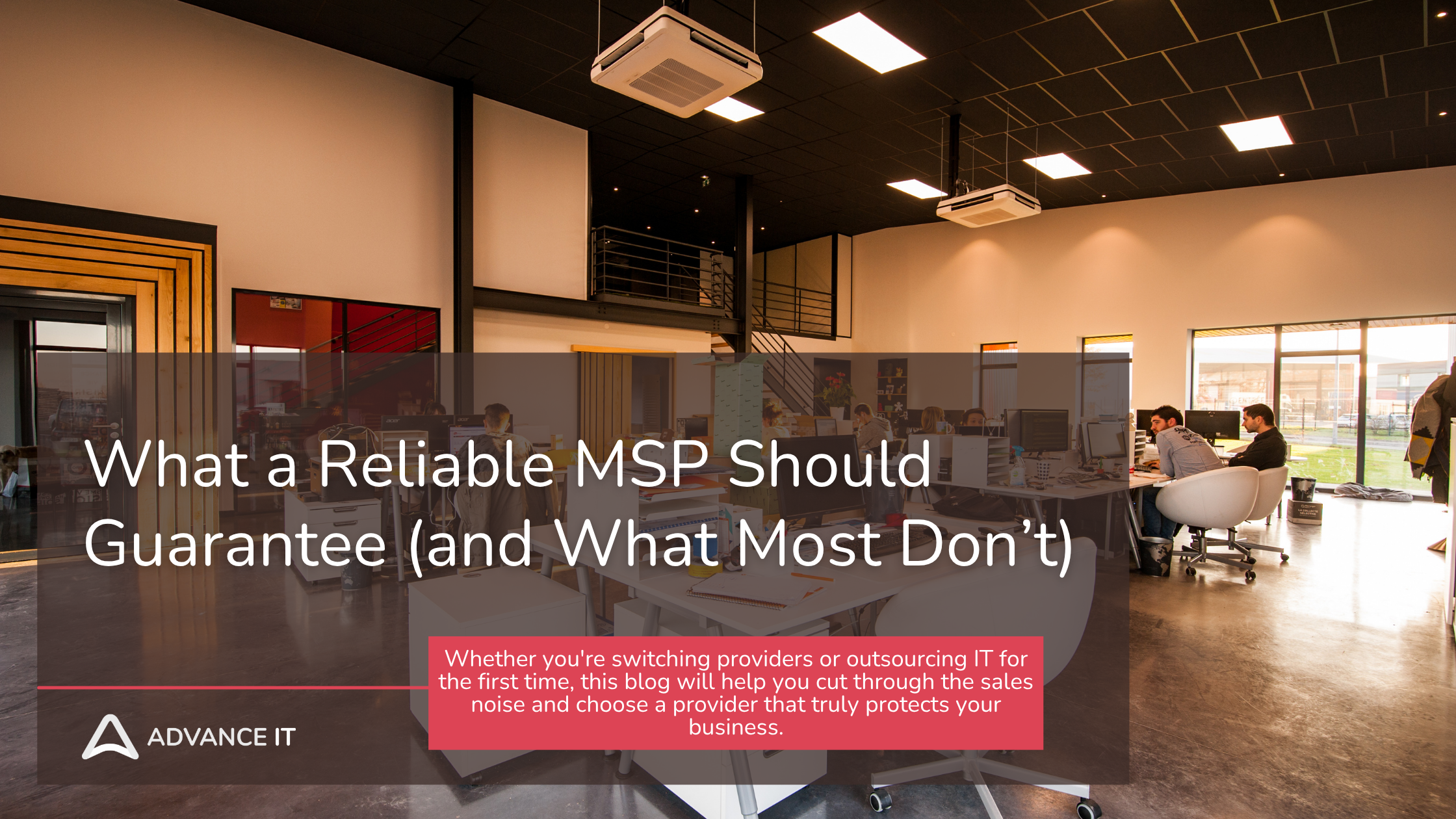
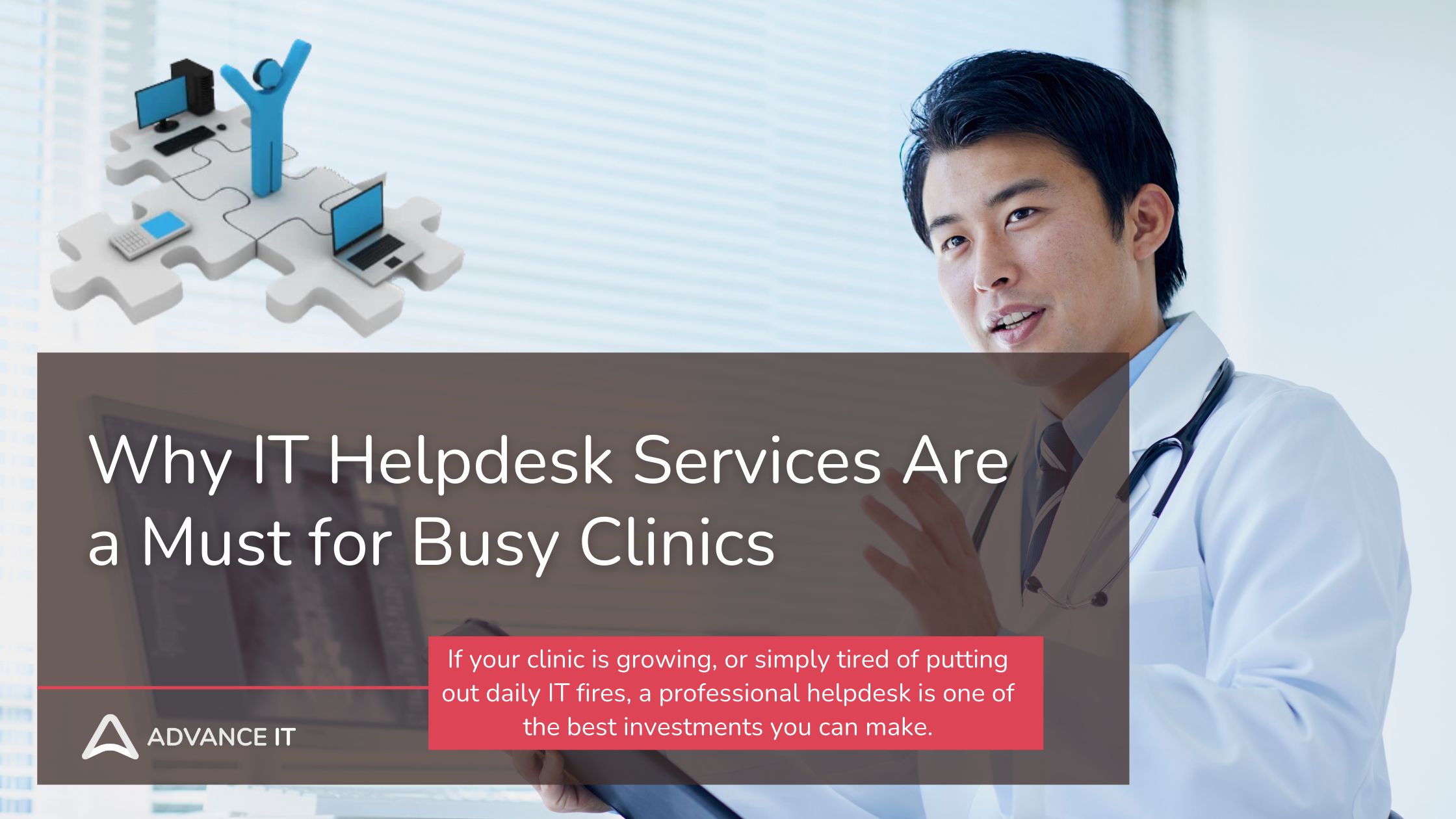
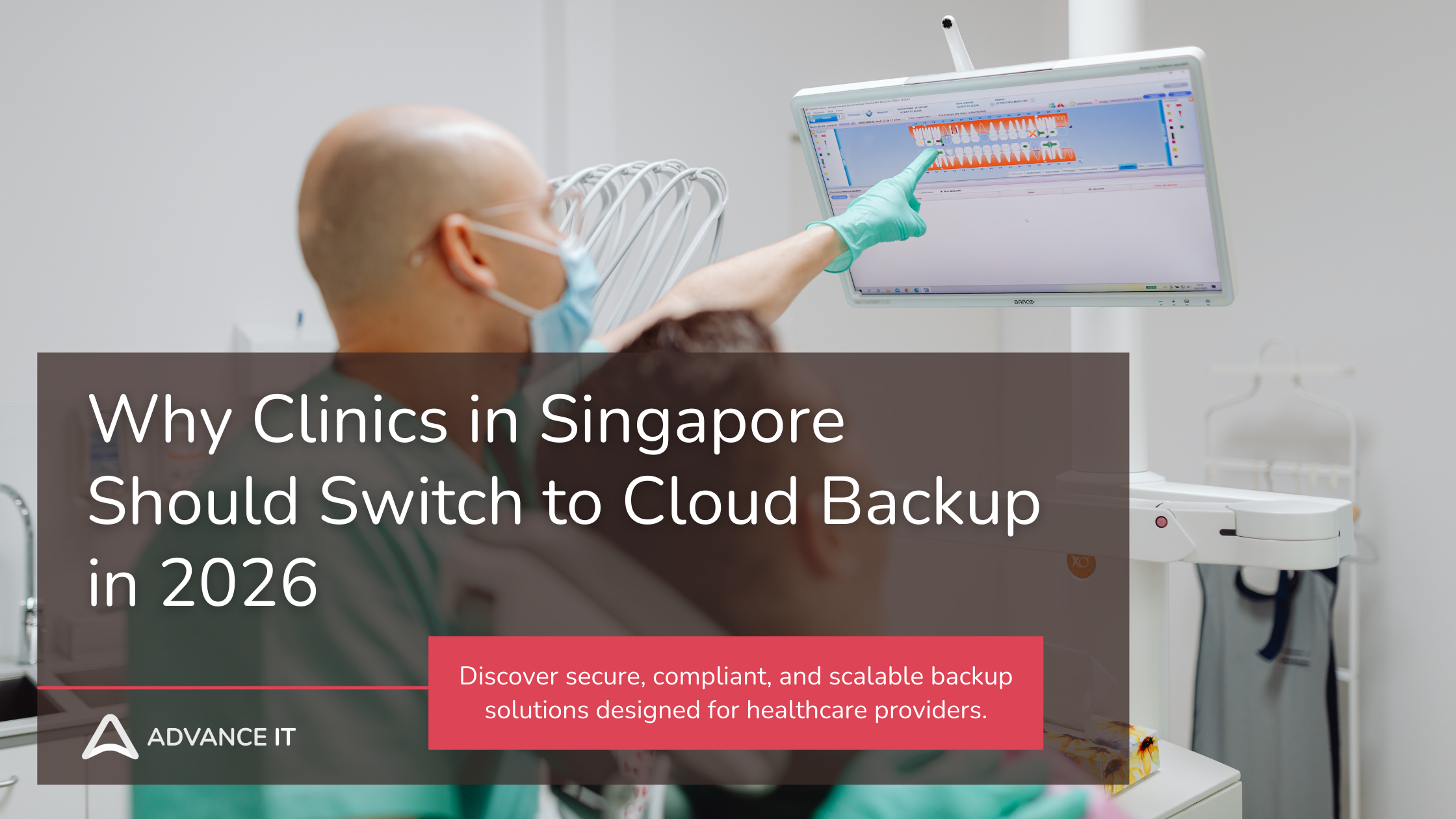


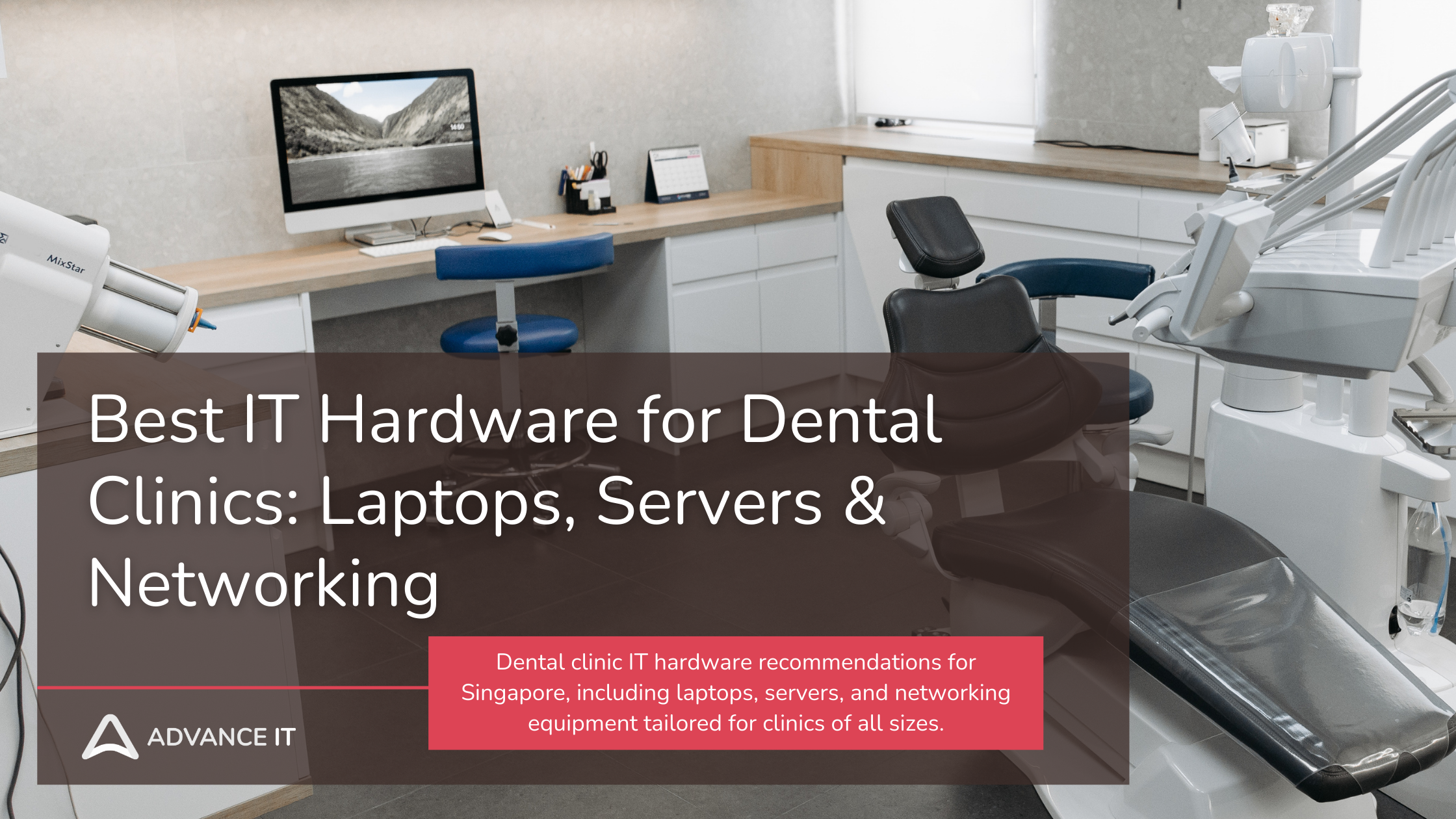

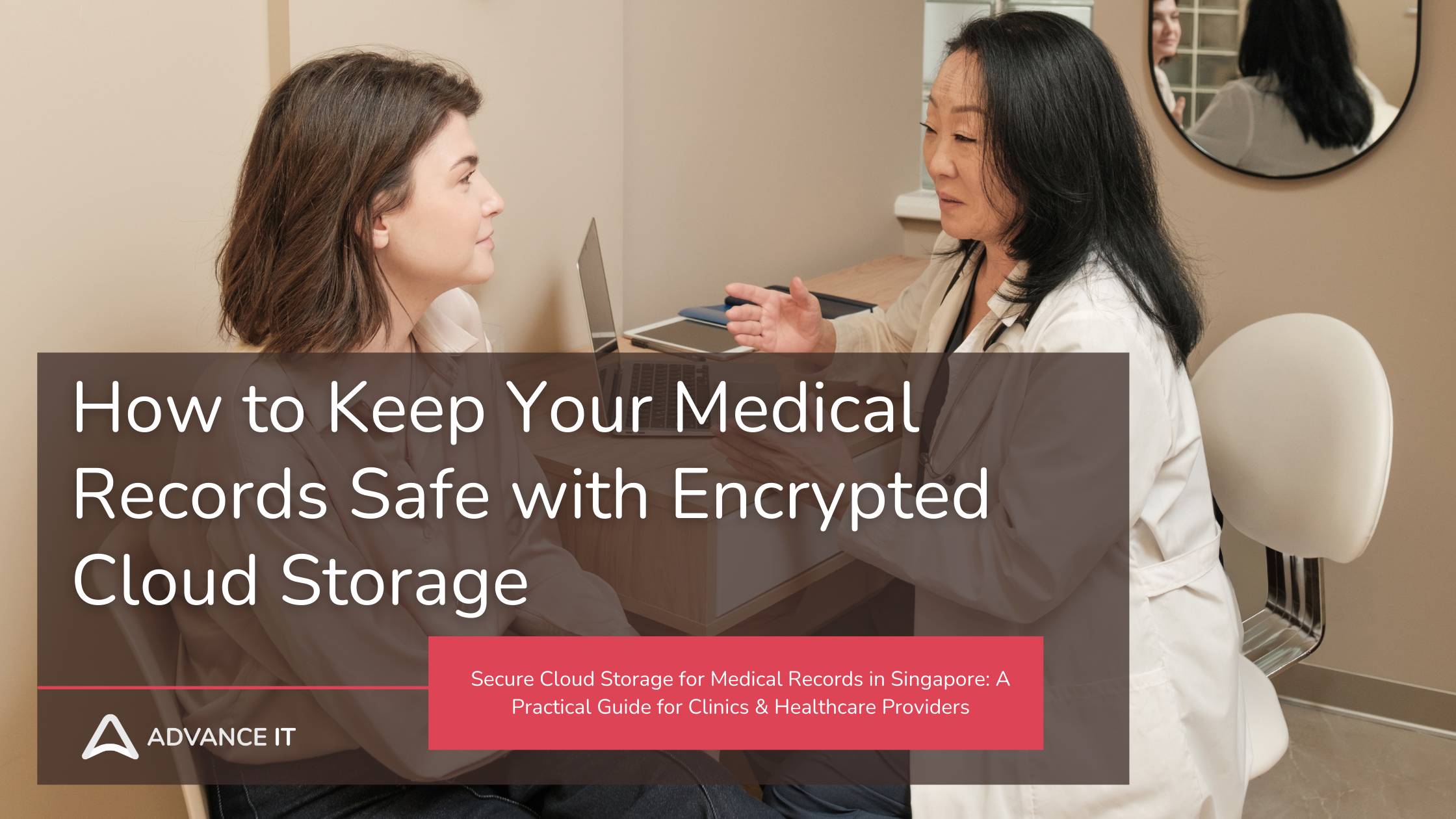



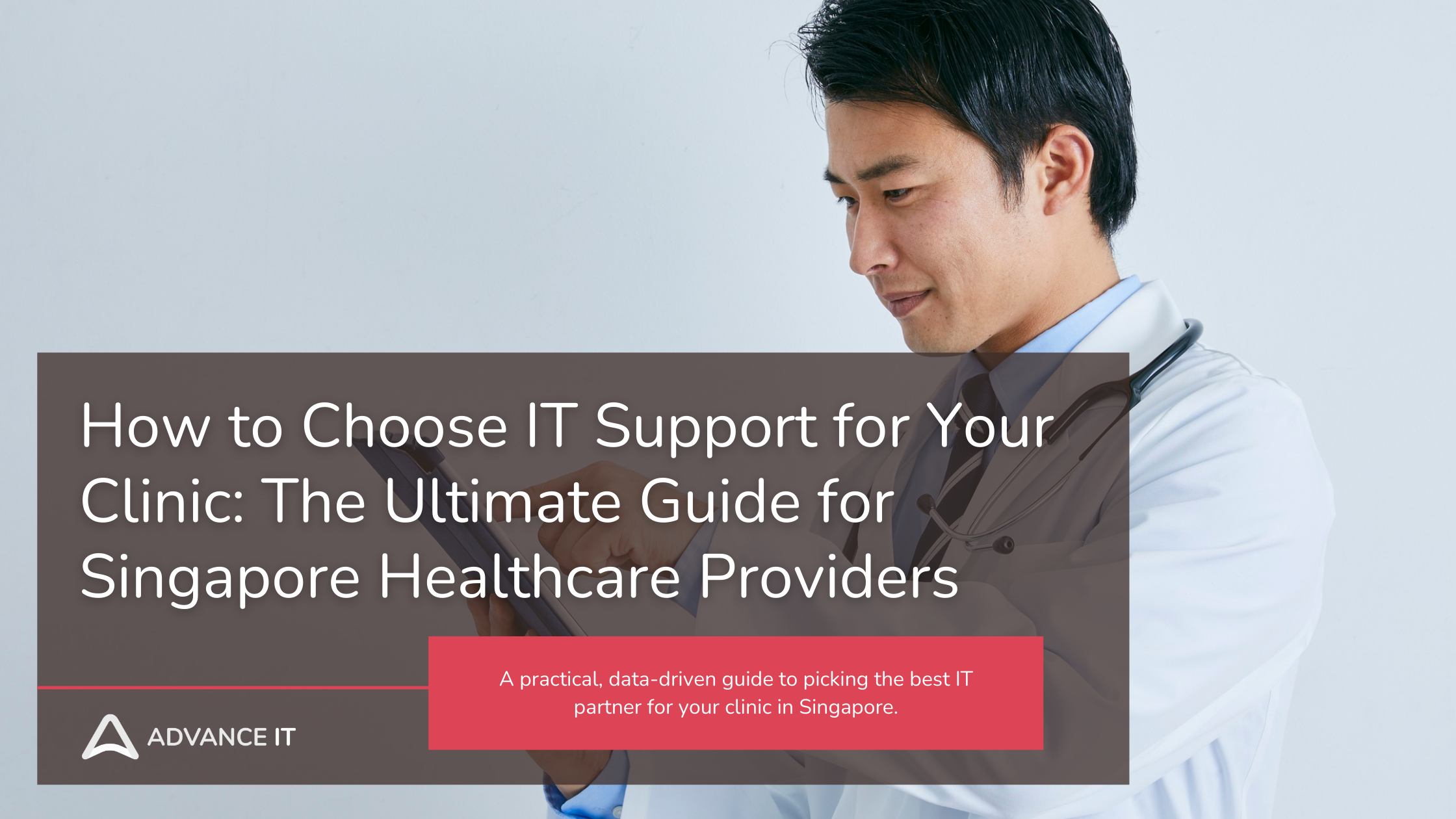


Learn how to build a disaster recovery plan for your healthcare clinic in Singapore. Practical, PDPA-compliant guide to protect patient data and reduce downtime.